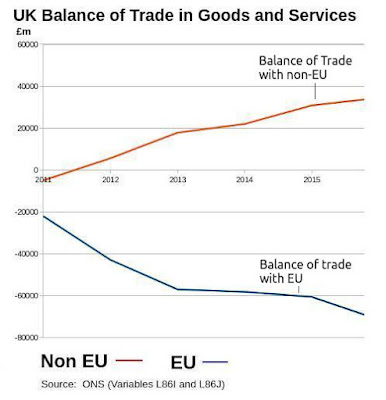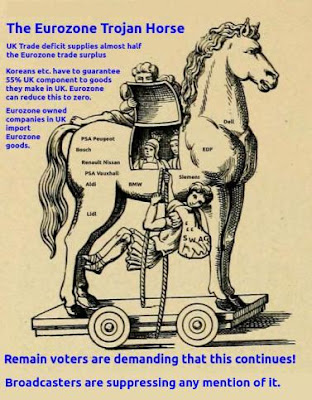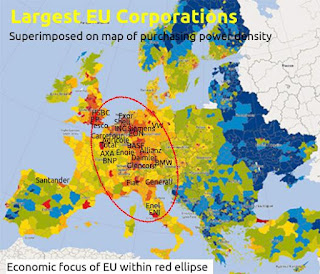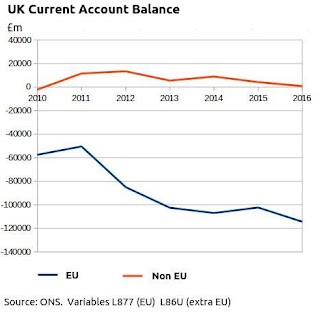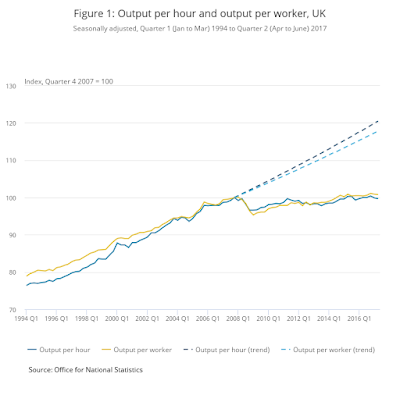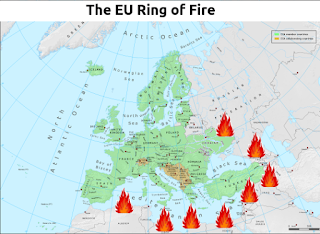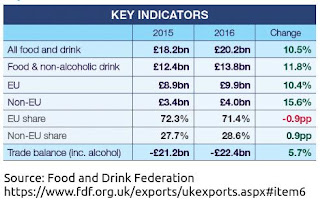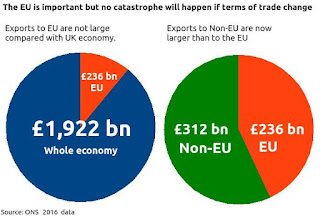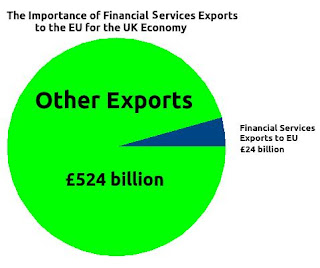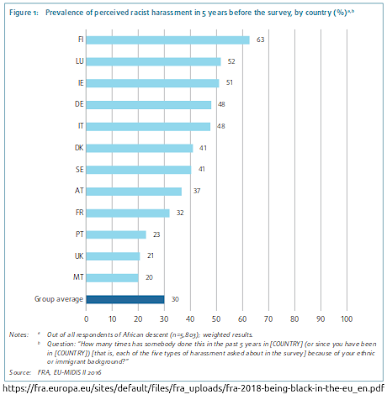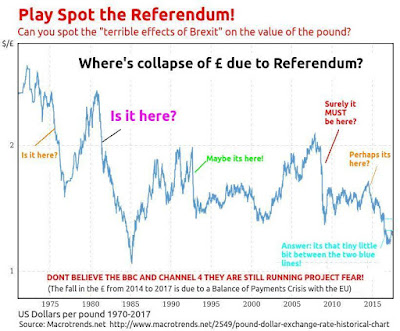Many users of Social Media have stated that they cannot find any reason for Independence. Here are some of the main reasons with links to further articles that explain them more fully.
The immediate reason for Brexit is the Lisbon Treaty (2009) and the completion of the transitional arrangements that phased out almost all vetoes by November 2014. This means that ordinary EU government now occurs according to “Qualified Majority Voting”.
Qualified Majority Voting is an important change that marginalises the UK in the EU. As it says in the Treaty on European Union 16,3: “The Council shall act by a qualified majority except where the Treaties provide otherwise.” The UK has 8.5% of the votes in the EU Council so in practice, for all economic, social, employment, environmental etc. matters the UK and Denmark must adhere to EU policies that are designed for the benefit of the Eurozone/Eurogroup. There is no veto, no requirement for a unanimous vote, on these matters. Don’t believe this? Still think we have vetoes on most matters? See the EU’s own documents on the Council of the European Union and on more than 80% of legislation no longer being subject to veto (EU Document).
Even David Cameron, leader of the Remain campaign, was uneasy about this marginalisation of the UK. Eurozone Union was in the opening paragraphs of Cameron’s renegotiations: “There are today effectively two sorts of members of the European Union. There are Euro members and non-Euro members.” but was carefully hidden by Cameron during the Referendum campaign.
The committee that runs the Eurozone economy, the Eurogroup, meets before EU Council Finance meetings and provides a unified voice at those meetings. It dominates all other Council meetings. The EU is now the Eurozone and the rest with the Eurozone controlling the vote and most importantly, the agenda.
See What happens on November 1st 2014?.
The Lisbon Treaty also permitted full EU Union to be accomplished without further Treaty change – see Flexibility in EU decision making – which is why the UK government promised a referendum on any further Treaty change, they knew that no more Treaties were needed. The EU delegates “shared competences” to national governments that provide the powers to govern and by the simple expedient of ceasing to delegate these powers the EU can acquire full power to govern (also see Shared Competences (EU Document)).
The crucial fact here is that the UK is not self governing and this leads to the long list of problems below. That it is a list and not just one or two items is the important point. Lack of self government impacts every area of our lives.
Austerity is the result of sectoral imbalances (corporate and foreign debt getting too high). The current source of Austerity is the appalling UK-EU Trade Deficit (See The cause of Austerity) coupled with The EU Stability and Growth Pact that prevents the UK Government from increasing its debt.
 |
| The UK-EU Trade Deficit causes Austerity |
The EU is destroying our public services such as the NHS.
The UK has an appalling Balance of Trade with the Eurozone that is costing us a real (not “predicted”) 3-4% of GDP per annum right now. See UK-EU Trade Deficit.
It is this trade deficit that is responsible for the volatility of the pound since 2014 (well before the Referendum) – see Pound Recovers.
Half of UK Industry by turnover is foreign owned and 25% is owned by EU companies. Unlike other foreign companies, the EU companies obey no rules about sourcing agreed percentages of parts and labour from the UK. This is the main cause of the UK Trade Deficit. Simply introducing the same rules for EU companies as are used to control other foreign companies would largely correct the Trade Deficit – see EU Ownership of UK Industry.
The UK is becoming a regional economy within the EU due to Eurozone ownership of UK production (like Scotland is regionalised within the UK). See The Eurozone Trojan Horse.
The source of this regionalisation is the Eurozone which is now a single economy with its own economic governance called the Eurogroup:
Many ordinary voters are directly experiencing this regionalisation as a decline in the quality of the jobs that are available.
The UK has an appalling Balance of Payments Current Account deficit with the Eurozone due to the trade deficit and also the payment of rents and profits to Eurozone companies. See The Eurozone Trojan Horse.
This conveyor belt of useful, working capital, out of the UK is due to the free movement of capital enshrined in the Single Market.
The productivity of the UK economy has failed to grow to trend since 2008. This is due in part to regionalisation (especially the inability of the UK to retain profits for growth), in part due to preferential treatment of UK business being illegal within the EU and in part due to the ease with which labour can be acquired from the EU. See Why is UK productivity not growing?.
Many ordinary voters experience the static productivity of the UK economy as static or declining wages.
The UK is receiving huge numbers of workers and families from the EU without any consideration for the fact that Great Britain is an island. See Why are people still pressing for more migration? .
The defence and foreign policy needs of the UK differ dramatically from those of the Eurozone. The EU sees the principle threats as coming from the East (Russia) and the South (migration). The UK sees the principle threats as coming from economic warfare by the Eurozone (regionalisation of the UK economy) and the main economic advantages as global.
At present the EU has control of UK foreign and security policy. See EU Competences and Pros and cons of Remaining in EU.
The UK has a Common Law legal system. The Eurozone uses a legal system based on Romano-Dutch and Napoleonic codes. This is central to the cultures of the two countries. The British have a swagger in their step when confronting authority because they know that, ultimately, a jury will decide their fate. Citizens of the Eurozone have “Monsieur le Judge” appointed by the State who can tell them they are guilty. Germany has no jury trials at all. The difference in legal systems means that government is by Directive and regulation, Remain campaigners often say “what important EU laws has the UK opposed or been voted down on?” but in the EU system there are no clear laws, there are regulations. The UK has opposed 12.6% of EU Council decisions since 2009 and failed to win almost any but each decision, when inspected, is a technicality of the EU legal process. It is the sum of these technicalities that make the EU Legal System.
The UK always has a trading deficit in food because Great Britain is an overpopulated island that cannot feed itself from its land. The Eurozone has installed huge tariffs on foodstuffs (40%) to protect Eurozone agriculture on the relatively lightly populated EU mainland (the EU has very low tariffs on most other items). As a result the UK food trade deficit is £22bn a year, an enormous deficit.
The EU is the tail wagging the dog. The EU is a trading partner for the UK and this trade will not disappear whatever the outcome of Brexit negotiations. However, UK exports to the EU are not mission critical to the UK economy:
In fact if tariffs caused a small decline in exports to the EU coupled with a larger decline in imports this would have an excellent effect on UK GDP growth. The EU will be paying £12.9bn pa in tariffs against the UK’s £5.2bn. It is often, incorrectly argued that banking would be especially affected by Brexit but financial services sales to the EU are actually surprisingly small:
The coverage of banking in the Brexit debate reflects the power of bankers to corrupt our media and politicians rather than the actual scale of any problem – most banks have EU subsidiaries that can handle passporting etc. See UK-EU Trade Figures for the actual UK-EU Trading position – the article has click through links to all its sources so you can immediately verify the data.
Although the EU is not mission critical to the UK economy our poor trade relations with the EU are causing dire cumulative effects such as regionalisation. Each year of damage from the UK-EU deficits adds to the next.
The whole world is currently under threat from corruption by global corporations. Members of organisations such as Davos (World Economic Forum), the Bilderberg Group and the Council on Foreign Relations are acquiring media and training journalists to portray Internationalist Extremism (government by big business) as the saviour of mankind. The EU is part of the postwar structures that have permitted this shocking danger to democracy. China fully supports Internationalism, seeing it as the route to installing Chinese style capitalism globally. Brexit is a huge blow to this movement. See The British and Americans are fighting a common enemy and Globalization-Global Trade-Internationalism.
What is a Nation?
Nations are organised groups of people who operate an economy and social system based on a particular area of land. They have cultures and economies that are usually dynamically adapting to local conditions and to the relationship between the locality and the world at large. Nations are the diverse socio-economic organisations that are essential for the flowering of humanity. Without Nations most differences will disappear. Independent Nations are a “good thing”: they saved the world from the ideology of fascism in the 20th century. Nations are the cradle of diversity. It is extremist ideologies that are evil, especially empire building, Internationalist ideologies like fascism or communism. Most of the Nations of the world cooperate with each other. They trade, they allow people to move freely between countries for tourism and business and have devised treaties to lower the chance of conflict. Nations are the only bodies that can oppose Multinational Corporations and International Banks. Nations are the only bodies that can oppose psychotic ambition such as that of Hitler, Mao or Stalin. If the Internationalists achieve their dream of global union the world will fall under corrupt tyranny within a century and that tyranny will endure for millennia.
These are only some of the reasons for Brexit. There are many more.
The reasons for Remain are that Remain voters are convinced that all Leave voters are racists and xenophobes as a result of the usual Bell Pottinger style campaign that we know so well in the UK. Of course, membership of the EU has nothing to do with racism but the media campaign was highly successful convincing middle class people that it was somehow evil to vote for independence. Curiously it is the EU that has a major problem with racism:
It is ironic that all those well intentioned anti-racist remainers are paving the road to hell for UK minorities.
The Remain campaign has also convinced its supporters that its predictions for the UK economy are true even though they are now discredited – see The Treasury Reports. The Remain belief in “predictions” and lack of knowledge of reality reeks of indoctrination. The Remain campaign has also convinced its supporters that there has been a catastrophic fall in the pound due to the referendum.
You can check this data on any foreign exchange site such as Investing.com, setting the time period to maximum. Big Business is bamboozling middle class voters, those who are yet to feel the cold winds of regionalisation, into supporting Remain with fear and class hatred and persuading them that they are “clever” in some way for believing predictions rather than examining the real economic data – what is actually happening (See Should the media have rallied round the “experts”? A scientific analysis of expert predictions.).
Those who want to Remain usually argue that this would allow them to get jobs in the Eurozone or migrate there if the UK economy were underperforming badly. There is also an out-dated argument for Remain that staying in the EU would allow us to “enjoy” EU social and employment legislation, this argument is out of date because the intention is to move this legislation into UK law on Brexit. The argument by Remain that the EU is social democrat or socialist is looking increasingly hollow as EU countries swing towards the far right (the AfD is the party of opposition in Germany and the far right have government posts in Austria – a far right EU is now a distinct possibility).
This post was originally published by the author on his personal blog: http://pol-check.blogspot.com/2018/02/reasons-for-brexit.html
 Daily Globe British Values, Global Perspective
Daily Globe British Values, Global Perspective



